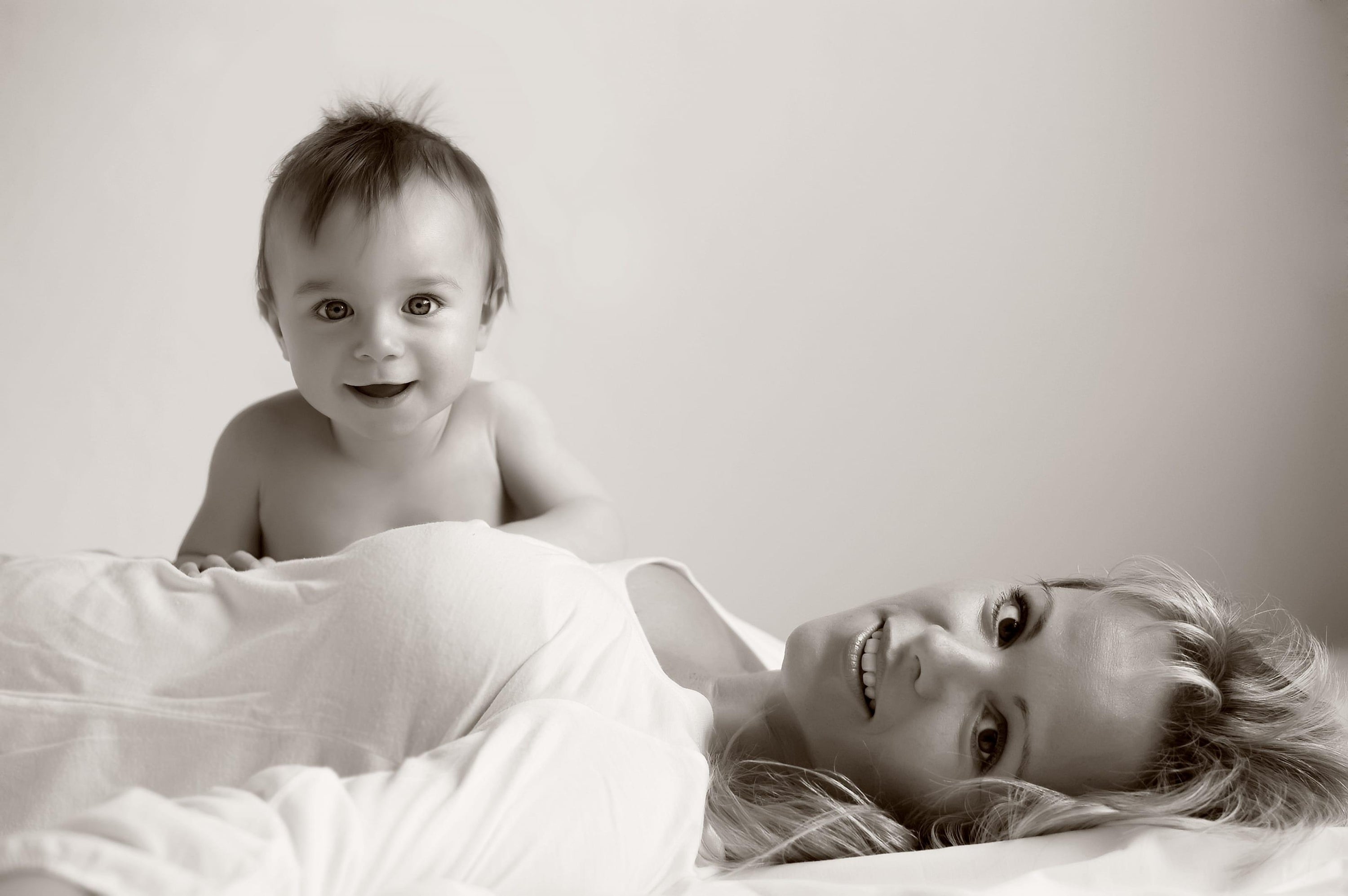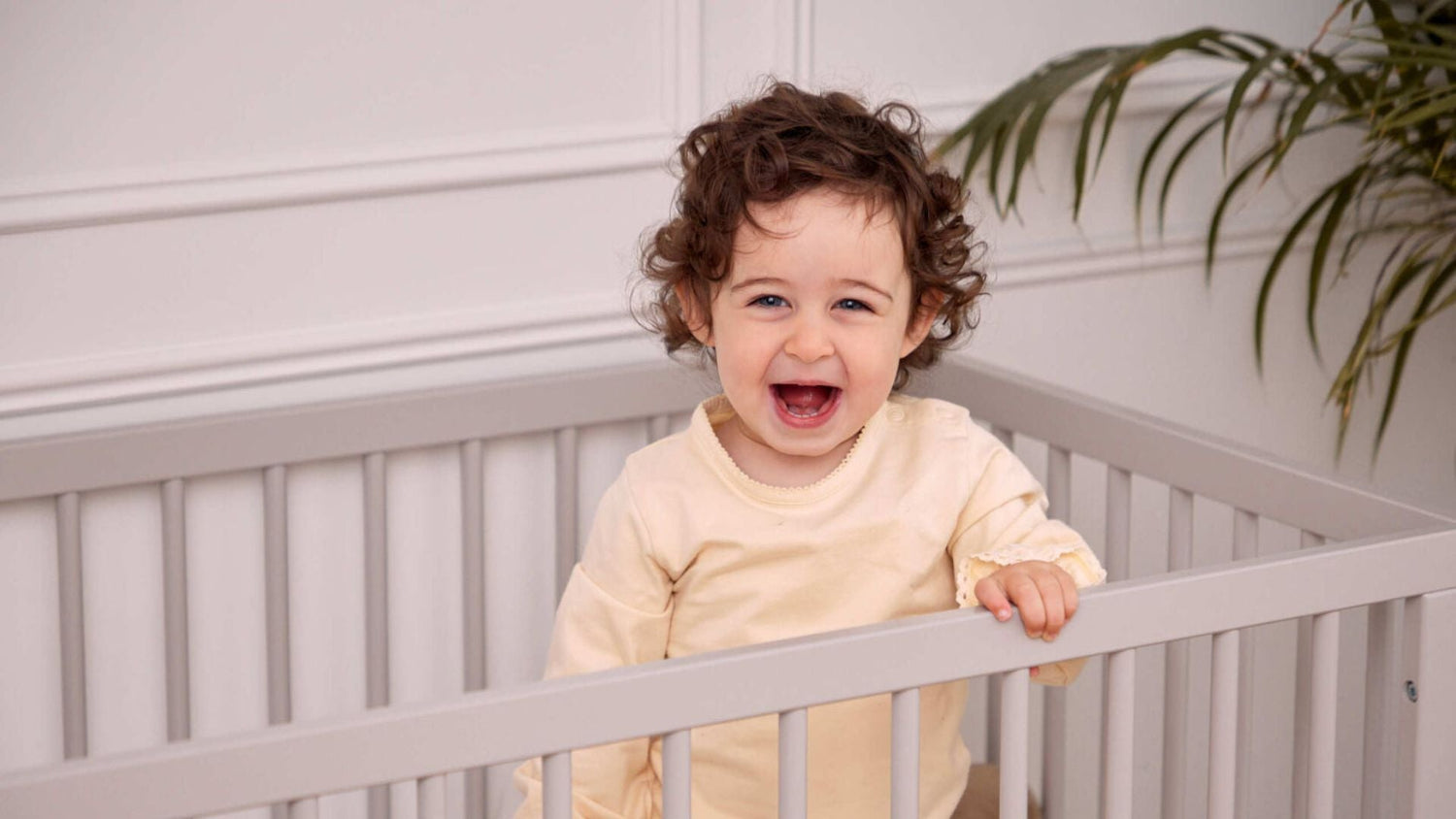I don’t think that you can ever prepare for how tired you may feel in the weeks and months after your baby is born!
Even if you have a little person who does what might be considered a relatively good stretch of sleep overnight, caring for a newborn is all consuming and not just physically tiring but emotionally draining too.
Much more challenging
It is fair to say that you can be the best read, most informed new parent, but you never know what kind of baby you are going to have and what their needs may be. This can be made so much more challenging if you have a baby with digestive discomfort, colic, reflux, CMPA, tongue tie or feeding difficulties for example.Take heart that it is very usual for a new baby to be unsettled, even without an underlying medical issue, but always speak with your GP if you are unsure.

Many babies will seem to need lots of parental input such as holding, cuddling, rocking and jigging about to help them go to sleep or even just to stop being upset.
It is very usual in the first few months for parents to report that their baby only sleeps on and off and does not sleep for longer than 1-3 hours at a time day or night.
As much rest as possible
During this intensive care period, we need to make sure that you don’t end up in intensive care and try to get you as much rest as possible. There are certainly a few strategies that can very helpful to allow this to happen.- Try not to worry about “bad habits” - there is no such thing in the early days. Your task is to ensure that your baby has a felt sense of being loved, safe and secure and that their needs are met lovingly and without delay. Despite some onlookers reporting that you will spoil your baby, the reverse is actually true. These early months are about helping to bond and lay a foundation for an unconditionally loving relationship that will be enduring. The less you resist this dynamic, the faster they need to be held all the time will evolve into your baby feeling more robust and confident to lie down or sleep without as much input.
- Although I absolutely do not recommend that you do any sort of sleep training, I do think that you could start to do some sleep shaping to lay a strong platform for positive sleep practises without going insane. Having an understanding of the following may help;
-
- Most young babies benefit from being returned to sleep every 1-2 hours throughout the day. Learning to read an early sleep cue can be beneficial in achieving sleep easier and ensuring that it is as long as it needs to be. Look for brief eye rubs, moments of quiet and brief yawns too. Don’t wait for more intense signals as they represent overtiredness and can mean that your baby may fight sleep, wake more frequently or sleep fitfully.
- Starting the day no later than 7:30am and always provide a feed first thing as this can help to regulate the feeding and sleeping pattern. It’s important to ensure that those rhythms are in sync and run parallel to each other, rather than clashing. This way you can have feeds every 1-3 hours depending on the individual need and sleep every 1-2 hours accordingly. This enables feeding to occur on awakening from the nap and not always just before. This also helps to ensure that your baby is alert for the feed and may take enough rather than falling asleep on the job!
- Your new baby’s bedtime is quite late initially, a bit like an adult, at around 10pm-12am. An earlier bedtime happens slowly over the first few months so that by 4 months a 7-8pm bedtime would be age appropriate for many young children. Don’t force this because they will only do this when ready. But also, don’t miss this as if you do, a fairly settled baby can become very restless. Follow their lead as best as you can.
- It is a good idea to try to allow your baby to be less asleep when you put them to bed at bedtime specifically. This can mean then when you offer the final feed you may change a nappy and put them down a little bit more aware/slightly awake. This small adjustment helps to allow the baby to learn to cycle through sleep and increases the chances of them maintaining their night sleep for longer intervals and waking only for feeds or brief reassurance. You may find that your baby is not open to this but keep trying as the weeks go by and then when it is becoming established do the same for nap 1 and nap 2 as well.
- Getting out and about helps to regulate your baby’s body to natural bright light by day and then dimming get lights by evening/night can help in a number of ways. Exposure to light specifically in the mid-afternoon is helpful in regulating your child’s sleeping patterns and promotes a deeper, more restful sleep. This can also help your baby to distinguish between day and night before the young body starts to make the sleep hormone melatonin. It may also help you feel better as this activity will help enhance your mood and motivation too.
- Don’t be afraid to use the car, pram, the swing or a sling to enable sleep. Always do so in line with the manufacturers and safe sleep guidelines, but certainly, utilise your baby’s desire for motion that can significantly help them achieve sleep. Although not a long-term solution it certainly is great to help you get through what may be a challenging and tiring time.
- Draft in plenty of support and don’t be afraid to ask for help. Make sure, if applicable, that both parents are sharing the load. I think a good idea for new mums is to go to bed early at 7/8pm, allow the other parent to provide the bedtime feed, either by expressing or otherwise and then you can do the next feed when required and this way you possibly will have had a block of 4-5 hours or unbroken sleep-getting a block of sleep such as this can make a huge difference to how you feel!
- Parenting yourself. To be the best parent to your infant then first you need to parent yourself. Meet your needs, put yourself first, take time out, and continue to ask for help. Doing something kind for yourself means your tank of self-love is high and then you will have enough to give to another. You cannot give to another, what you do not have for yourself. Time out is not selfish; it is critical. Get your nails done, go for a walk alone, meet up with a friend. Don’t be hard on yourself. Although we feel the baby must come first, actually parents need to put themselves first in order to be able to be available emotionally as well as physically.
Lucy Wolfe, CGSC, MAPSC, is a paediatric sleep consultant, Author of The Baby Sleep Solution and mum of four young children. She runs a private sleep consulting practice with her 98%-effective approach for sleep she provides knowledge, expertise and valuable support to families across the country. See www.sleepmatters.ie t: 087 2683584 or e: lucy@sleepmatters.ie






